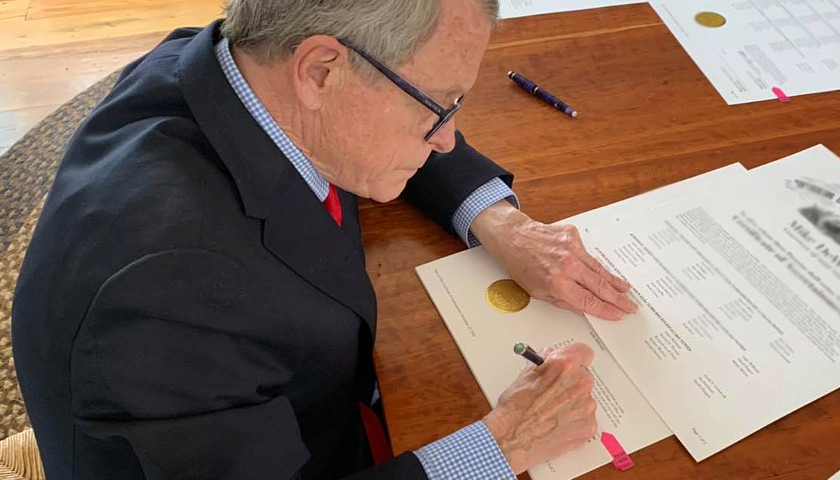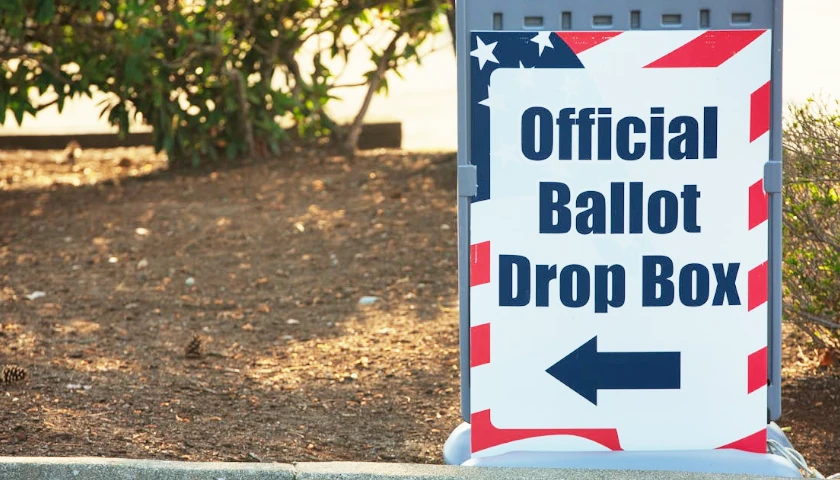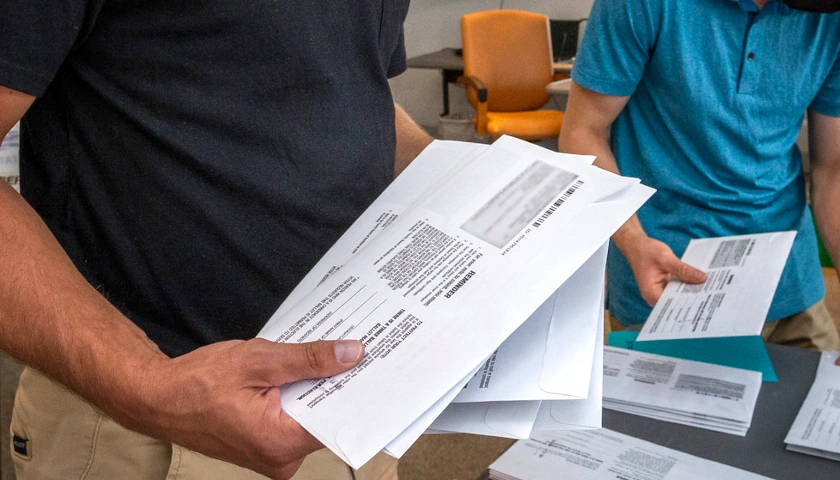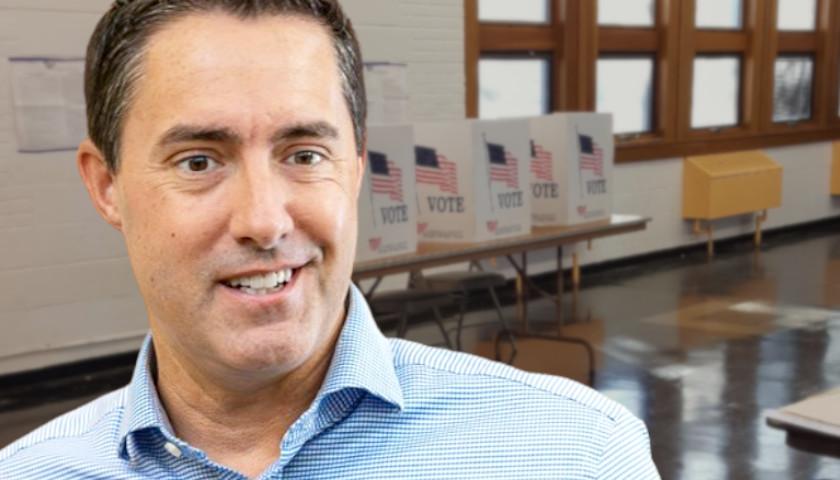As the year ends, Ohio Governor Mike DeWine is reviewing the legislation approved throughout the lame-duck session and deciding to either veto or sign it into law.
Before the holiday break, DeWine signed two bills into law Senate Bill (SB) 210 and House Bill (HB) 223.
SB 210, sponsored by State Senator Theresa Gavarone (R-Bowling Green), would give married couples the same legal standing to enter into postnuptial financial agreements as unmarried couples do now with prenuptial agreements. The legislation also allows married couples to alter the terms of their prenuptial agreements to address changing circumstances, such as providing for children who weren’t in the picture when the parents first signed the agreement.
“We should be granting couples in Ohio the opportunity to do what they deem best for them and the flexibility to make their own decisions when it comes to their marriages,” Gaverone said.
HB 223, sponsored by State Representative Brett Hudson Hillyer (R-Uhrichsville), allows vendors to deduct sales tax remitted for certain bad debts charged off as uncollectible by credit account lenders. It aligns bad debt sales tax refunds on private label purchases with sales tax refunds on comparable purchases, aligns Ohio’s tax code with those of other states, and removes an inequity that is also an obstacle to growth.
“The law should be updated to work with the current business climate and this legislation seeks to accomplish a number of different things by updating that law,” Hillyer said.
Just before Christmas, DeWine signed an additional three bills SB 56, SB 249, and SB 259 into law.
SB 56, sponsored by State Senator Louis Blessing (R-Colerain Township), regulates the use of indemnity provisions in professional design contracts related to public improvements, regulates uninsured motorist coverage relating to persons provided immunity under the Political Subdivision Sovereign Immunity Law and provides a municipal corporation or county immunity from liability in any action arising from a hospital police officer acting in the discharge of duties in specified locations.
“This bill is entirely necessary in order to prevent the use of overbroad indemnity clauses to end-run our hard-won tort reform statutes that created a statute of repose,” Blessing said.
SB 249, sponsored by State Senator Steve Wilson (R-Maineville), creates a regulatory sandbox program for novel financial products and services.
“This legislation will allow a regulator more options and explore new ideas without fearing they would impact the oversight of their existing business,” Wilson said.
SB 259, sponsored by State Senator Frank Hoagland (R-Mingo Junction), adds a Paralyzed Veterans of America member to the Veterans Advisory Committee. The Veteran’s Advisory Committee is a panel of 23 members who advise and assist the Ohio Department of Veterans Services in serving Ohio’s veterans.
“I was initially surprised to hear that a representative from Paralyzed Veterans was not among the members of the committee, and knew that must change. This member will be able to maximize the advocacy efforts for our veterans who have spinal cord injuries and ensure that we as a state are doing our best to take care of them,” Hoagland said.
DeWine has 10 days, except for Sundays, following the acquisition of the bills to approve or veto the legislation if he so chooses. If he chooses to do nothing, the legislation will take effect without his signature.
On December 22nd, DeWine’s office received a raft of 24 bills. The deadline for DeWine to take action on those bills to either sign or veto is January 3rd.
A bill signed by the governor becomes effective on the 91st day after it is sent to the Ohio Secretary of State. However, if the legislation was passed as an emergency measure it becomes law immediately after being filed with the Secretary of State. The governor has the power to veto parts of a bill, but only if it deals with the state’s money. If the governor vetoes a bill, a three-fifths majority in both chambers is required to override it.
Ohio’s next legislative session begins on January 2nd, 2023.
– – –
Hannah Poling is a lead reporter at The Ohio Star and The Star News Network. Follow Hannah on Twitter @HannahPoling1. Email tips to [email protected].
Photo “Gov DeWine Signs Documents” by Gov Mike DeWine.





